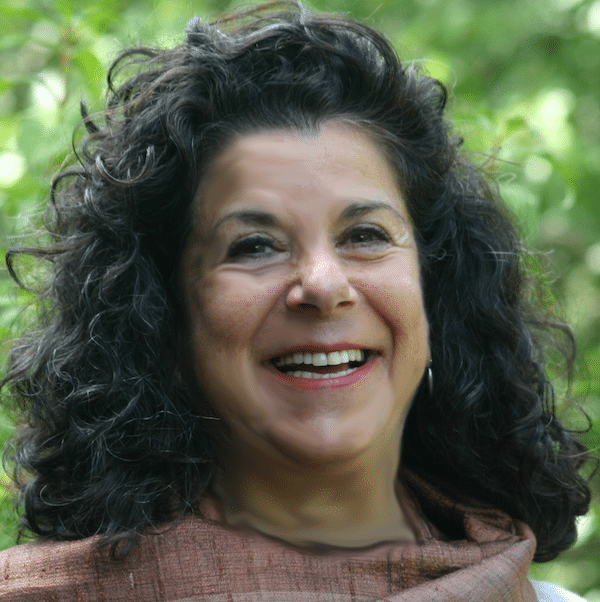WHY ARE THESE HEALTH DISPARITIES SO PREVALENT IN THESE COMMUNITIES?
Although the higher rate in deaths from the virus among Black and Latino people has been explained, in part, by a higher prevalence of underlying health problems, including diabetes and obesity, the new CDC data reveals a significant imbalance in the number of virus cases, a fact that scientists say underscores inequities unrelated to other health issues.
Jarvis Chen, a researcher and lecturer at the Harvard T. H. Chan School of Public Health, said that the wide racial and ethnic disparities revealed in the new CDC data should not come as a surprise. Distrust of the health care system by African Americans is a major barrier that must be addressed and healed. This distrust has compromised well intentioned public health efforts based on history and personal experiences by underserved populations and has impaired development of preventive care initiatives.
Dr. Marcella Nunez-Smith, Director of the Equity Research and Innovation Center at Yale School of Medicine, states, “We know that these racial ethnic disparities in COVID-19 are the result of pre-pandemic realities. It’s a legacy of structural discrimination that has limited access to health and wealth for people of color.”
In the new federal data, experts point to circumstances that have made Black and Latino people more likely than white people to be exposed to the virus: Many have frontline jobs that keep them from working at home; rely on public transportation; or live in multigenerational housing. The Center for Economic and Policy Research revealed that African Americans are over represented within frontline industries, thus leading to increased exposure to the virus.
As Nurses and Nurse Coaches, what can we do to reduce health disparities?
As Integrative Nurse Coaches, we hold great potential in our professional role in advocating for safer communities and empowering local citizens, community leaders, and elected officials to address health policies that impact access to clean air, food quality, and affordable healthcare as a human right.
Year after year, survey results list nurses as the most trusted profession. Trust is critical in open communication and allows us opportunities to engage with community to listen to the needs and concerns and perceived barriers to care.
As Nurse Coaches working in diverse communities, we can co-create new initiatives that address concerns and barriers to healthier lifestyles, including:
- Create access to fresh foods including fruits and vegetables, that can support one’s immunity, and often not affordable nor available in inner cities, sometimes described as “food deserts”.
- Analyze the impact of Air quality, clean water, and toxic environments (including Superfund) in urban and low income communities and exacerbate respiratory ailments including asthma that contributes to one’s vulnerability to COVID and a host of health-related problems.
- Develop affordable, quality health care. African American adults are more likely to report they cannot see a doctor because of cost. CDC concurs that all Americans should have equal opportunities to pursue a healthy lifestyle and engage in health promotion programs.
- Collaborate with other sectors, such as faith based and community organizations, education, business, transportation, and housing, to create social and economic programs that promote health, starting prenatally and expanding across the lifespan
- Connect more people to community health centers to become proactive and engage in lifestyle health programs and wellness visits.
- Provide trainings for community leaders, peers, and healthcare professionals to explore cultural dynamics and honor diversity and listen to how individuals and patients interact with providers and the healthcare system.
- Develop culturally relevant health care models through story that can integrate one’s beliefs including traditional healing practices
- Co-create innovative Group Coaching models that support a common vision for creating a healthy community.
As new models and opportunities in community health emerge, Integrative Nurse Coaches become critical team members who can join with local grass roots efforts to advocate and provide support that empowers individuals, families, and communities in reducing the gap in health disparities and increasing health and wellness promotion.
FOR MORE INFORMATION:

As Co-Founder of the International Nurse Coach Association for over a decade, Susan has been teaching and developing coaching program and currently through the Integrative Nurse Coach® Academy. She is Board Certified in Health and Wellness Coaching, Holistic Nursing, and Clinical Nutrition. Susan has authored several chapters on Nutrition and Environmental Health for Holistic Nursing, Integrative Nursing, and Nurse Leadership textbooks. She has co-authored Nurse Coaching and Self-Assessment chapters in; Holistic Nursing: A Handbook for Practice, 7th edition (2015-2020) and is co-author of the award winning book (ANA Gold Seal, 2015) Nurse Coaching: Integrative Approaches for Health and Wellbeing (2015) and The Art and Science of Nurse Coaching, an ANA Publication (2013), that led the way to establishing the standards for practice in the emerging Nurse Coach role. For the past 20 years, she has been the Nurse Coach and Nutrition consultant for Special Immunology Services at Mercy Hospital in Miami and is currently the Director of Nurse Coaching at Rezilir Health in Hollywood, Florida. Susan continues to integrate lifestyle health and wellness education into diverse communities, bringing her expertise and passion as a nurse, clinical nutritionist, and medical anthropologist. She has developed and implemented integrative health initiatives for diverse community organizations including the Yellow Courtyard, Integrative Health Symposium, Urban Zen, New York Open Center, The Lower East Side Girls Club, Kripalu, Omega Institute, and the University of Miami and Florida Atlantic University. As a concerned global citizen, Susan is the founder and education director of the Earthrose Institute, a not-for-profit organization dedicated to environmental health education and advocacy. She maintains a private practice as an Integrative Nurse Coach® with a focus on nutrition and the environment.







